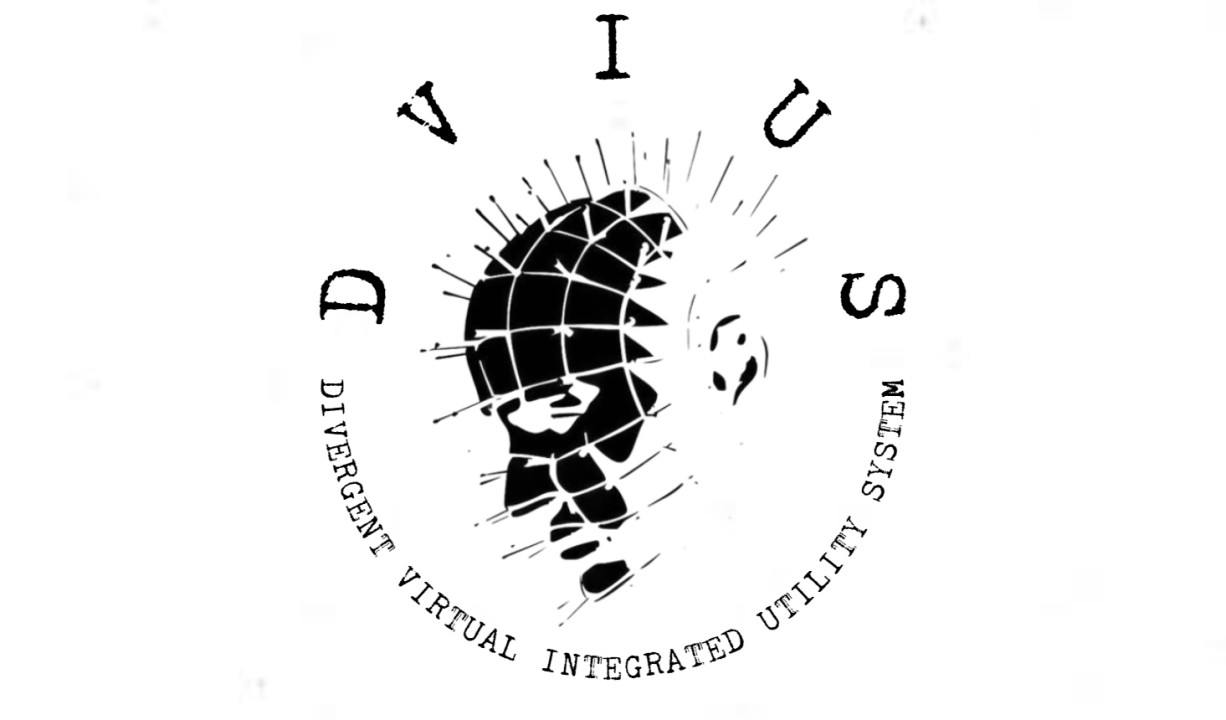- Posted on
- • Hacker University
DVIUS Leads the Charge in Autonomous Offensive Cybersecurity for Businesses
- Author
-
-

- User
- Tony Capo - Social Engineer
- Posts by this author
- Posts by this author
-

DVIUS Leads the Charge in Autonomous Offensive Cybersecurity for Businesses
With the advancement of technology, businesses now face an ever-evolving array of cyber threats, from sophisticated ransomware to stealthy nation-state hacking campaigns. As cybercriminals leverage artificial intelligence (AI) and automation to amplify their attacks, traditional defensive cybersecurity measures often struggle to keep pace. Enter DVIUS, a trailblazing cybersecurity firm that has redefined the industry with its cutting-edge autonomous offensive cybersecurity solutions, positioning itself as a leader in protecting businesses from tomorrow’s threats. This article explores how DVIUS is revolutionizing cybersecurity through proactive, AI-driven strategies and why its approach is a game-changer for enterprises worldwide.
The Evolution of Cybersecurity: From Defense to Offense
Historically, cybersecurity has been a reactive discipline, with organizations deploying firewalls, intrusion detection systems, and antivirus software to fend off attacks. However, as threats like the Salt Typhoon and Volt Typhoon campaigns—linked to state-sponsored actors—demonstrate, passive defenses are no longer sufficient. Cybercriminals exploit vulnerabilities faster than most businesses can patch them, and the global cybersecurity talent shortage exacerbates the challenge. According to industry reports, over 3,000 companies worldwide are innovating to address these gaps, yet many still rely on human-driven processes that struggle to scale.
DVIUS flips this paradigm by embracing offensive cybersecurity—a proactive approach that anticipates and neutralizes threats before they materialize. Unlike traditional methods, which wait for an attack to trigger a response, DVIUS’s autonomous systems actively hunt for vulnerabilities, simulate adversary tactics, and fortify defenses in real time. This shift from defense to offense empowers businesses to stay ahead of attackers, making DVIUS a standout in the crowded cybersecurity market.
How DVIUS’s Autonomous Technology Works
At the heart of DVIUS’s offerings is its proprietary Agentic AI framework, a technology that mirrors the decision-making capabilities of a seasoned cybersecurity analyst but operates at machine speed. Agentic AI, as seen in innovations like SentinelOne’s Purple AI Athena, autonomously detects, investigates, and remediates threats with minimal human oversight. DVIUS takes this concept further by integrating offensive capabilities, such as automated penetration testing and red-team simulations, into its platform.
Here’s how it works:
Threat Hunting and Simulation: DVIUS’s AI continuously scans a business’s digital infrastructure, identifying vulnerabilities that could be exploited. It then simulates real-world attack scenarios, mimicking the tactics of advanced persistent threats (APTs) to stress-test defenses.
Autonomous Remediation: Upon detecting a weakness, the system prioritizes and applies fixes—patching software, adjusting configurations, or isolating compromised systems—without waiting for human approval.
Predictive Intelligence: By analyzing data from global threat feeds and darknet forums, DVIUS anticipates emerging attack vectors, such as those powered by malicious AI tools like Xanthorox. This foresight ensures businesses are prepared for threats that haven’t yet surfaced.
Continuous Learning: The platform evolves with each interaction, refining its algorithms to counter new techniques used by cybercriminals.
This autonomous, offensive approach reduces response times from hours or days to seconds, a critical advantage in an era where every moment counts.
Why Businesses Need Offensive Cybersecurity
The rise of AI-driven attacks underscores the urgency for proactive solutions. For instance, tools like Xanthorox, marketed on darknet forums, enable attackers to orchestrate modular, adaptable cyberattacks with unprecedented efficiency. Meanwhile, organizations face alert fatigue and staffing shortages, with many unable to process the flood of security alerts manually. DVIUS’s autonomous platform alleviates these pressures by handling 100% of alerts, triaging incidents, and executing responses, allowing human teams to focus on strategic priorities.
Moreover, offensive cybersecurity aligns with the growing recognition that cyber risk is a core business concern. As Etay Maor of Cato Networks notes, leadership must prioritize cybersecurity at the board level to mitigate risks effectively. DVIUS empowers executives with actionable insights, translating complex technical data into business-friendly metrics, such as risk exposure and compliance status.
DVIUS’s Impact and Industry Recognition
Since its launch, DVIUS has garnered attention for its innovative approach, earning accolades at events like the RSA Conference 2025, where autonomous security solutions took center stage. Its ability to integrate offensive and defensive strategies has attracted clients across industries, from finance to healthcare, where data breaches can have catastrophic consequences. By offering a scalable, AI-powered solution, DVIUS addresses the needs of both small enterprises and global corporations, democratizing access to elite cybersecurity.
The Future of Cybersecurity with DVIUS
As cyber threats grow more autonomous and sophisticated, businesses must evolve faster than their adversaries. DVIUS’s leadership in offensive cybersecurity sets a new standard, blending AI-driven automation with proactive threat hunting to deliver unparalleled protection. By moving beyond reactive defenses, DVIUS empowers organizations to anticipate, neutralize, and thrive in the face of digital risks. For businesses seeking to safeguard their future, DVIUS is not just a vendor—it’s a partner in redefining what cybersecurity can achieve. To learn more about its solutions, visit the DVIUS website or connect with their team at industry events like RSA Conference.